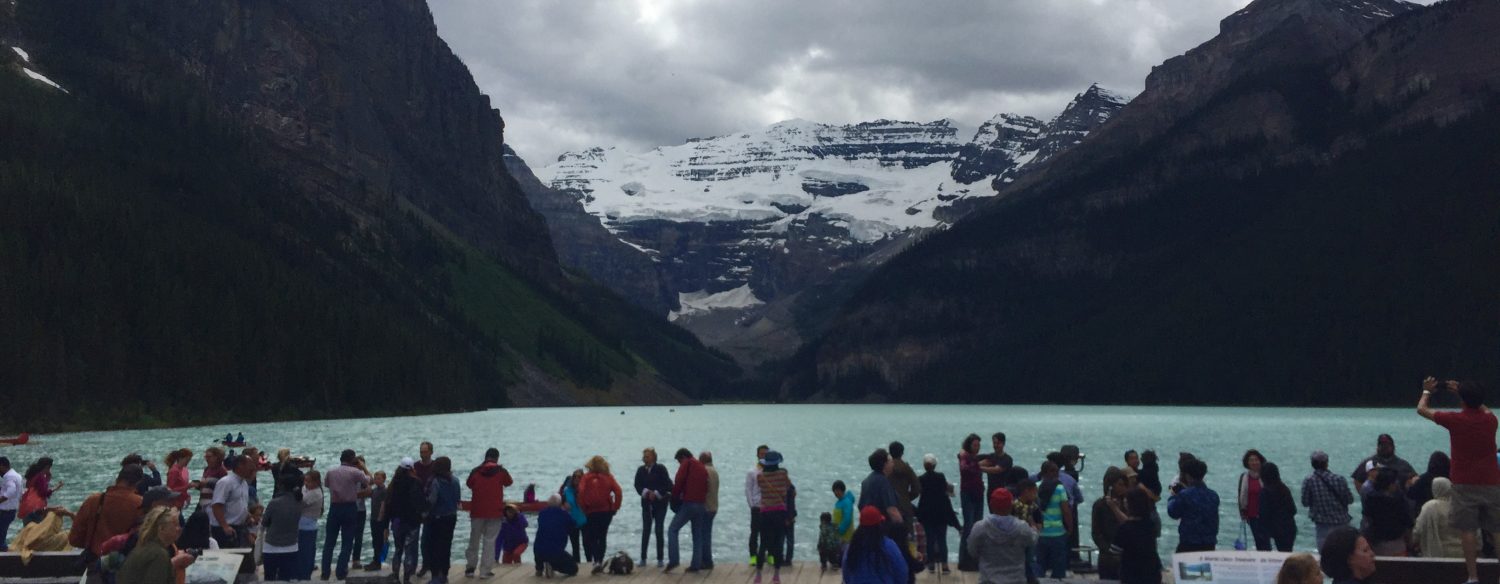3 ] Frye writes:
A much more complicated cultural tension [more than two languages] arises from the impact of the sophisticated on the primitive, and vice a versa. The most dramatic example, and one I have given elsewhere, is that of Duncan Campbell Scott, working in the department of Indian Affairs in Ottawa. He writes of a starving squaw baiting a fish-hook with her own flesh, and he writes of the music of Dubussy and the poetry of Henry Vaughan. In English literature we have to go back to Anglo-Saxon times to encounter so incongruous a collision of cultures (Bush Garden 221).
It is interesting, and telling of literary criticism at the time, that while Frye lights on this duality in Scott’s work, or tension between “primitive and civilized” representations; however, the fact that Scott wrote poetry romanticizing the “vanishing Indians” and wrote policies aimed at the destruction of Indigenous culture and Indigenous people – as a distinct people, is never brought to light. In 1924, in his role as the most powerful bureaucrat in the department of Indian Affairs, Scott wrote:
The policy of the Dominion has always been to protect Indians, to guard their identity as a race and at the same time to apply methods, which will destroy that identity and lead eventually to their disappearance as a separate division of the population (In Chater, 23).
For this blog assignment, I would like you to explain why it is that Scott’s highly active role in the purposeful destruction of Indigenous people’s cultures is not relevant for Frye in his observations above? You will find your answers in Frye’s discussion on the problem of ‘historical bias’ (216) and in his theory of the forms of literature as closed systems (234 –5).
In Northrop Frye’s The Bush Garden: Essays on the Canadian Imagination, the distinct Canadian literary identity is explored. As a fledgling nation with a vast, “hypnotizing” country below it, and vast, unknown land to the north, (Preface, iii) Canadian literary culture is not easy to define. According to Frye, “the Canadian literary mind, beginning as it did so late in the cultural history of the West, was established on a basis, not of myth, but of history.” (231) Canadian identity is not rooted in ballads and songs, in folklore or tradition. Rather, these things are viewed as “prehistoric.” (233) While Canadian authors may be experiencing new and exciting territory, they can only express these experiences in a form that he or she has read or studied. Frye’s theory is that “forms of literature are autonomous: they exist within literature itself, and can not be derived from any experience outside literature.” (232) For Frye, an author is not “actively shaping his material”, but is instead “a place where a verbal structure is taking its own shape.” (233) An author records his or her experiences into established forms, their new expressions shaped by what has come before.
With this theory in mind, it becomes easier to understand Frye’s treatment of Duncan Campbell Scott, a powerful bureaucrat in the Indian Affairs Bureau and author of romantic Canadian poetry. Frye writes about the tensions between the “primitive and the civilized” in Scott’s poems, yet fails to mention his role in shaping policies that destroy the very Indigenous cultures that he writes about. Frye does not give consideration to the realities of Scott’s role and the destructive policies he helped create. As a literary critic, Frye is concerned with Scott’s writings within a closed literary framework. The historical or external social conflicts that the writing was situated in do not matter, nor do Scott’s experiences. Scott is a mere vessel, recording his experiences into established literary forms.
Works Cited
Frye, Northrop. The Bush Garden: Essays on the Canadian Imagination. 1971. Toronto: Anansi. Print.
Ruffo, Armand. “Poem for Duncan Campbell Scott.” Canadian Poetry Online, https://canpoetry.library.utoronto.ca/ruffo/poem5.htm. 28 Oct. 2016.
Wyatt, Kyle. “Of Cultures and Condos.” The Walrus, Sept 12. 2012, http://thewalrus.ca/of-culture-and-condos. Accessed 28 Oct. 2016.

Hi Miklayla!
I am not sure if this is where I am suppose to ask, but I really enjoy yours blogs and was wondering if you would like to work in a group with me?
Thanks
Hi Byrony-Rose!
Thanks for thinking of me! I’m sorry that it took me so long to see this and reply, but from the Facebook group it looks like the groups have been sorted. 🙂